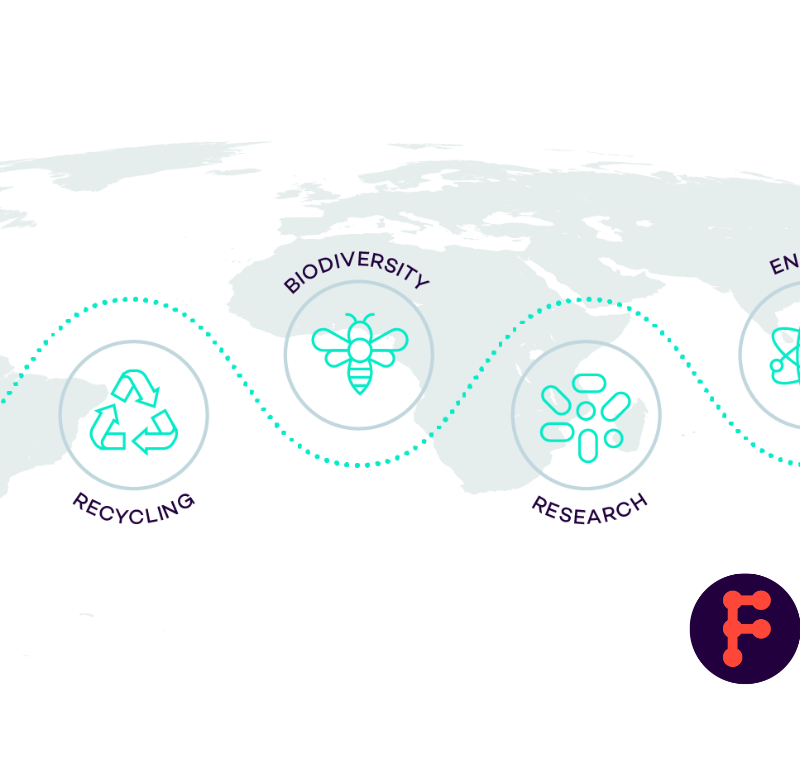WPP’s Ranjana Singh on the challenges and opportunities facing Indonesia’s ad market
Indonesia’s economy is not in a good way. What’s your take on the situation?
We have GDP growth of 4.7 per cent. The US dollar exchange rate is tough and exports are down. Normally when your currency weakens your exports go up, so you can’t link those too. Commodities are down. But the ojek [motorbike] driver, does he care about the exchange rate? We do know that with a lot of products in Indonesia, some raw material is imported, so inflation will go up. But so far inflation hasn’t been scary.
A friend who works at a big TV station in Indonesia tells me that ad spend – most of which comes from consumer goods – is down around 12-14 per cent year on year. Can the fall be compared to the bad times of 2008?
No way. It’s just a matter of sentiment. The business sector is being cautious; the exchange rate does affect their P&L. But a lot has to do with political dynamics and the policies and strategy of the new government – this is why they’re holding back.
There is nothing fundamentally wrong with the economy. This is my challenge to the pessimists. I see no reason why GDP growth shouldn’t have been five per cent plus. Again, this is to do with the delayed politics of the government. Will it take a year to rebound? I don’t know. But the 240 million people consuming a lot of goods are not going anywhere.
You’re also chairwoman of WPP’s Vietnamese operations. How do the two markets compare in your view?
Vietnam has had a tough time over the last three years for a whole lot of reasons, but they’re coming out of it. From talking to clients and bankers, I get the sense that Vietnam is moving upwards again. The difference is that it’s not going to grow the way it did in the past. It will be more measured growth. Consumers are more savvy and have more access, so they won’t be as easily led into buying stuff.
Indonesia will grow. As I’ve said, the foundations of the economy are strong and the population is high. We just have to be patient and see how things pan out on the political front.
Indonesia was the golden child for the world. This is why the fall is harder to accept. There is still a lot to do. There are many pockets of growth that haven’t been touched.
Where is that untouched growth in Indonesia?
The second tier cities and the outer islands. Someone I was talking to in the property business recently said they were going to build 50 malls in a year in cities where there was no supermarket or mall. There is a propensity to spend in those markets. The volumes come from the large cities, but the growth comes from the second tier cities.
And that growth will come from tapping into digital. Clients and agencies are lagging way behind where consumers are. If TV spend is down, then you need to think about other channels. And in Indonesia that channel is mobile. It’s taken a time for us – including the creatives, the planners and the tech guys – to realise it. But if you’re not seriously investing in mobile, then you’re probably wasting your clients’ money.
More like this
Online video to lead 4.4 per cent growth in global adspend in 2015
UK adspend experiences two years growth at twice the rate of the economy










